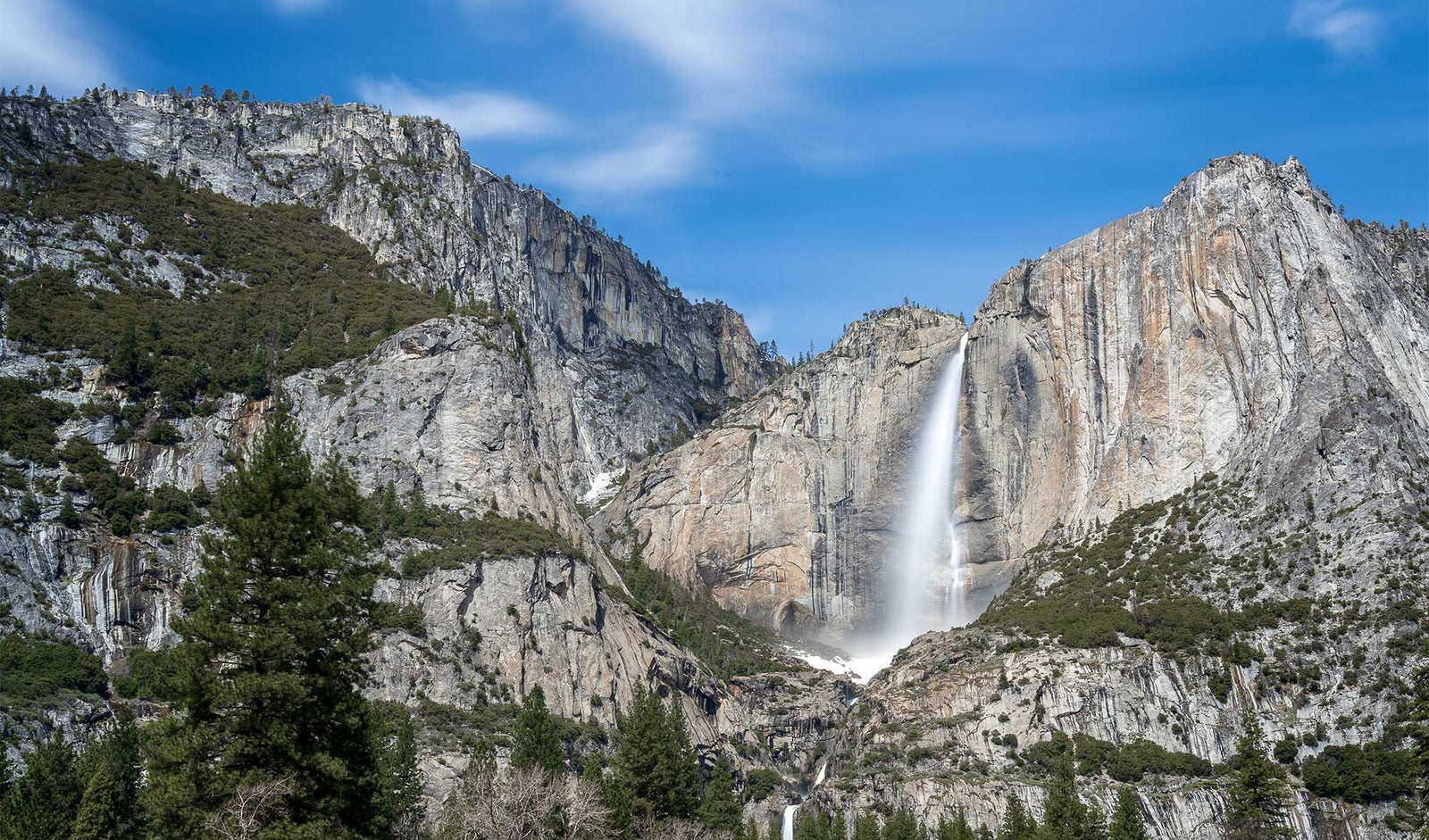In this part of our blog series on filter photography, photographer Frank Fischer explains how long exposures can be used to dynamically capture movement and which filters are best used for this purpose.
Long exposure time thanks to ND filter
Classic long exposures are caused by little available light, for example at night, or by the use of ND filters (Gray filters) achieved during the day. As a rule, the use of onetripods andremote trigger here mandatory, because the picture due to the long exposure times otherwise it would blur. Normally every photographer is actually happy when his exposure times are just short enough to produce a sharp photo, so why should we reduce exposure times by using ND filters want to artificially extend?
 Many photos that show moving elements look particularly dynamic with two exposure times:
Many photos that show moving elements look particularly dynamic with two exposure times:- The subject is frozen with a very short exposure time, and things become visible that the human eye cannot capture as a moment in this way.n.
- Moving parts of the subject are blurred by choosing a long exposure time
The latter is achieved during the day through the use of ND filters . ND filters are neutral gray filters that block part of the light and do not let it fall through the filter glass. This will initially make the photo darker. However, by increasing the exposure time, you get a correctly exposed photo and the desired effect again. The Rollei ND filters offer a grandiose color neutrality and at the same time extremely low reflections. They are available in different strengths, as screw-in filters or rectangular filters for theFilter holder Mark II from Rollei.
In our first part of the series on filter photography you will learn more about the Basics of taking photos with filters.
I use ND filters in classic long exposure photography in two primary cases:
- In landscape photography to soften moving water or clouds, for example at waterfalls, surf or clouds in architectural photography
- In city photography to hide people/traffic

